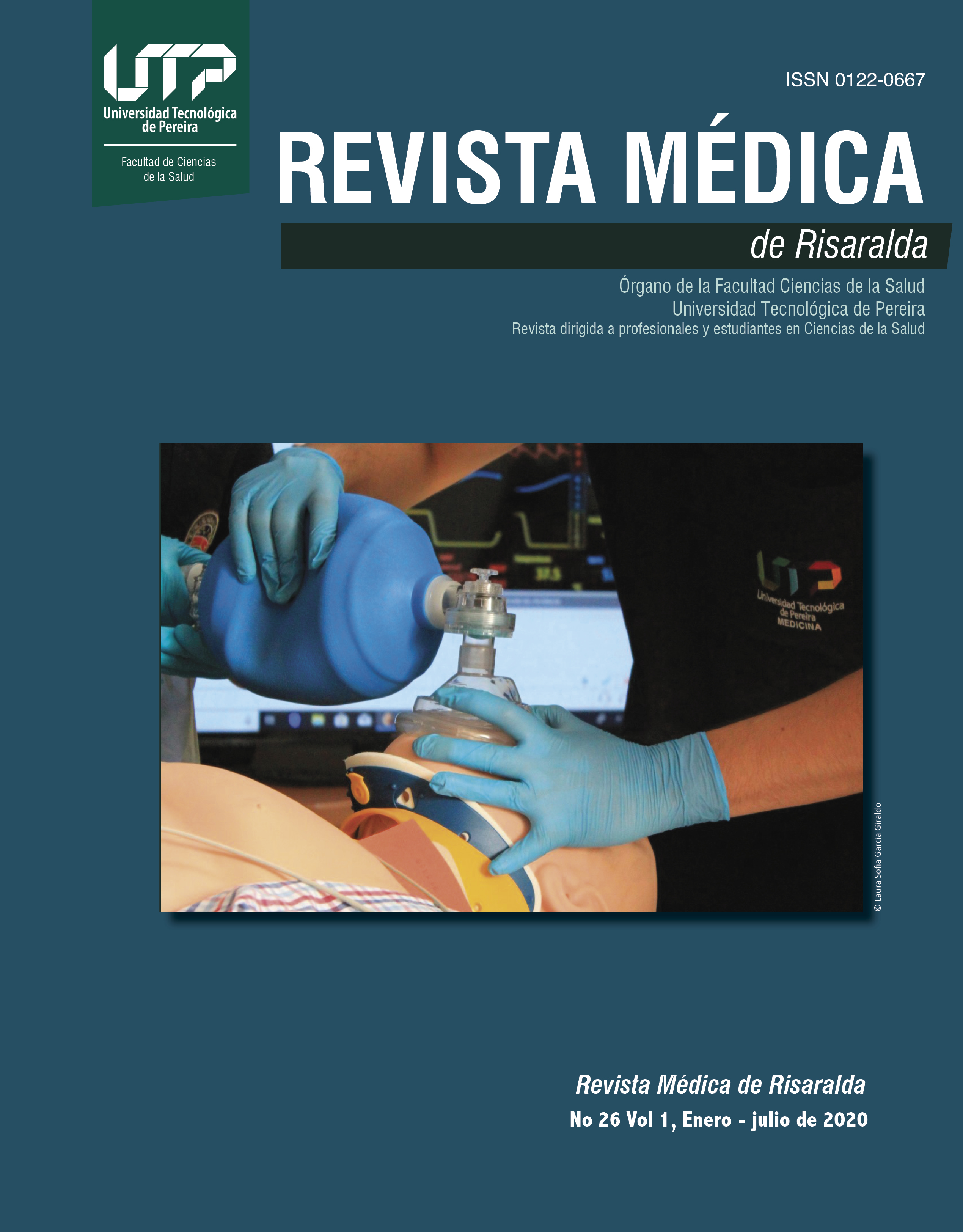A pilot study of effects of Exergames program on balance and functional mobility in older adults
DOI:
https://doi.org/10.22517/25395203.24081Keywords:
Video Games, Virtual Reality, Aging, Postural BalanceAbstract
Introduction: Older people experience a lower capacity in maintaining and resetting balance throughout the physical performance. During the last decade, video games that imply controlled full body-actions that are known as 'Exergames' have gained popularity as tools to improve balance and functional mobility. KineLabs 3D software is a mini-games series that employs the Kinect platform to rehabilitate patients with brain stroke damage and for senior people training. As far as we know, there are no research studies that use this Exergame currently.
Objective: To analyze the effect of an Exergame KineLabs 3D training program regarding the balance and functional mobility in self-sufficient and institutionalized people between 65 and 85 years old.
Materials and methods: This quantitative pilot study was carried out in a group of 5 people that attended a 24-session program three times per week. To measure stance and functional mobility, clinical testing such as Berg's balance test, Functional reach test, Unipedal stance test, and Short physical performance battery test were used before and after the intervention.
Results: Older people that participated in the program showed a significant difference within all clinical tests made. The results were: Berg Balance Scale p=0,0422, Functional Reach Test p=0,0431, Unipedal Stance Test p= 0,0422 and Short Physical Performance Battery p=0,0384; p less than 0,05.
Conclusion: The implementation of an eight-week Exergames program enhanced the stance/balance and functional mobility in the participants.
Downloads
Downloads
-
Vistas(Views): 741
- PDF (Español (España)) Descargas(Downloads): 424
Published
How to Cite
Issue
Section
License
Cesión de derechos y tratamiento de datos
La aceptación de un artículo para su publicación en la Revista Médica de Risaralda implica la cesión de los derechos de impresión y reproducción, por cualquier forma y medio, del autor a favor de Facultad de Ciencias de la Salud de la Universidad Tecnológica de Pereira. 1995-2018. Todos los derechos reservados ®
por parte de los autores para obtener el permiso de reproducción de sus contribuciones. La reproducción total o parcial de los trabajos aparecidos en la Revista Médica de Risaralda, debe hacerse citando la procedencia, en caso contrario, se viola los derechos reservados.
Asimismo, se entiende que los conceptos y opiniones expresados en cada trabajo son de la exclusiva responsabilidad del autor, sin responsabilizarse ni solidarizarse, necesariamente, ni la redacción, ni la editorial.
Es responsabilidad de los autores poder proporcionar a los lectores interesados copias de los datos en bruto, manuales de procedimiento, puntuaciones y, en general, material experimental relevante.
Asimismo, la Dirección de la revista garantiza el adecuado tratamiento de los datos de carácter personal



